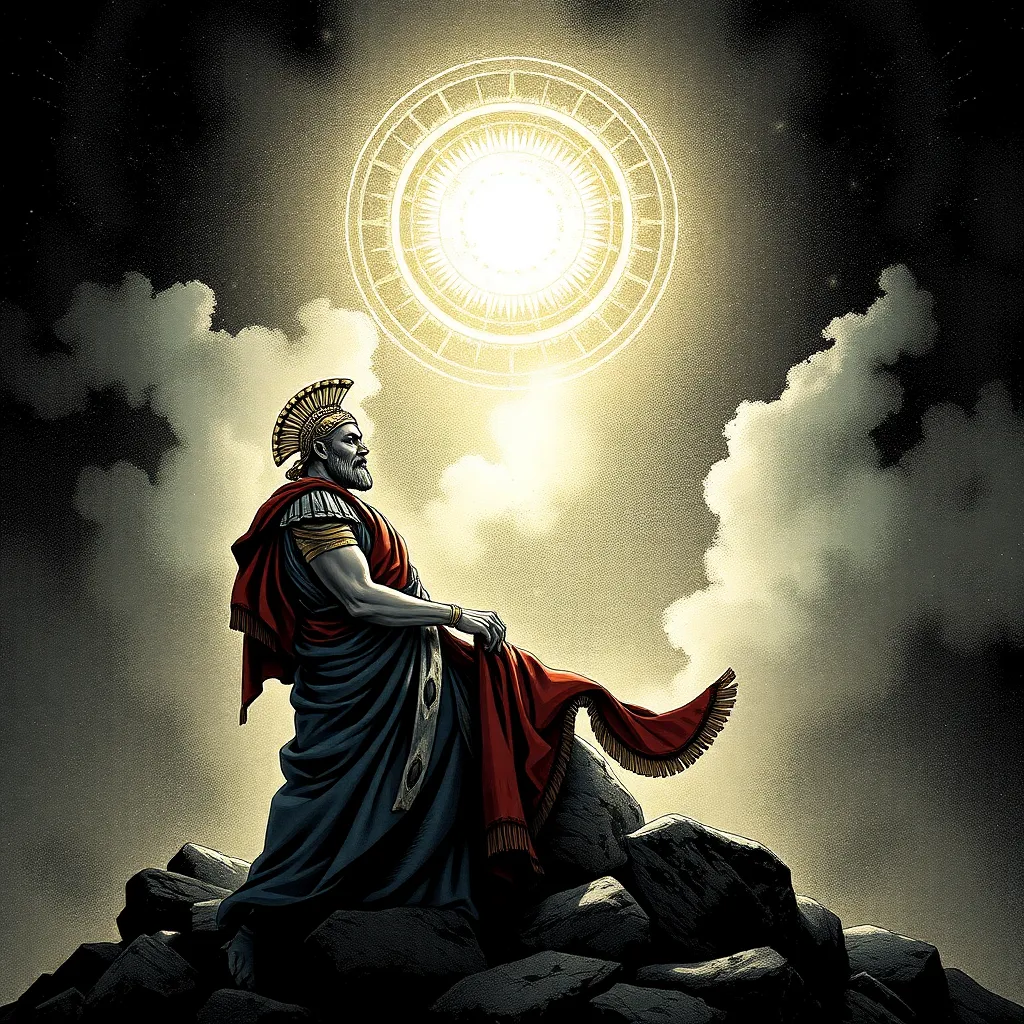The Character of Cassandra: Prophecy and Tragedy in The Iliad
Introduction
Cassandra, a prominent figure in Greek mythology, is known for her tragic story intertwined with the themes of prophecy and fate. As a daughter of Priam, the king of Troy, she holds a significant role in the narrative of “The Iliad,” where her character embodies the duality of knowledge and helplessness. This article will explore the complex layers of Cassandra’s character, examining how her prophetic abilities serve as both a blessing and a curse, ultimately leading to her tragic fate.
Cassandra’s Background and Origin
Cassandra is the daughter of Priam and Hecuba, born into the royal family of Troy. Her lineage places her at the center of the Trojan saga, where the fate of her city and family hangs in the balance. According to myth, Cassandra was granted the gift of prophecy by Apollo, who fell in love with her. However, after rejecting his advances, she was cursed; although she would always speak the truth, no one would ever believe her.
This paradox highlights a significant cultural aspect of ancient Greek society, where prophecy was both revered and feared. The ability to foresee the future was often viewed as a divine gift, yet the burden of such knowledge could lead to despair, especially when it went unheeded.
Cassandra in The Iliad
Within “The Iliad,” Cassandra appears in several key moments that underscore her tragic role. One notable scene is her forewarning of the impending doom that awaits Troy. Her predictions regarding the consequences of the Trojan War and the fate of her family are poignant and filled with despair.
Despite her accurate prophecies, the reactions of those around her often reflect disbelief and dismissal. This interplay between Cassandra’s knowledge and the ignorance of others creates a profound tension in the narrative:
- Cassandra’s prophecy about the fall of Troy.
- Her warning to the Trojans about the arrival of the Greeks.
- The disregard for her insights by her family and allies.
Themes of Prophecy
The nature of Cassandra’s prophecies is central to understanding her character. Her foresight is undeniably true, yet it is met with skepticism and disbelief. This leads to a deep emotional conflict, as she grapples with the knowledge of impending tragedy while being powerless to alter its course.
The psychological toll of her foreknowledge is immense, contributing to her sense of isolation. It raises critical questions about fate and free will: Are her actions predetermined, or can she influence the outcomes of her warnings? Her plight embodies the struggle between destiny and autonomy, a recurring theme in Greek mythology.
Tragic Elements of Cassandra’s Character
Cassandra’s tragic fate is a poignant aspect of her narrative. Her isolation from her family and the society that surrounds her leads to profound despair. Despite her noble status, she becomes a figure of tragedy, often reflecting the broader themes of vulnerability and powerlessness faced by women in ancient Greek literature.
Her experiences echo the struggles of other tragic figures in “The Iliad,” such as Achilles and Hector, who also face the harsh realities of fate and loss:
- Achilles’ internal conflict over honor and mortality.
- Hector’s struggles between duty to family and the expectations of a warrior.
- Cassandra’s unique position as a prophet, unable to influence the actions of those who dismiss her.
Cassandra’s Prophecies and Their Consequences
Cassandra’s prophecies are critical to the narrative arc of “The Iliad.” Some of her notable predictions include:
- The foretelling of the Greeks’ victory and the fall of Troy.
- Warnings regarding the dangers of the Trojan Horse.
- The personal tragedies that will befall her family, including the fates of her brothers and parents.
Her predictions carry significant weight, as they foreshadow the ultimate destruction of Troy and the profound losses suffered by her family. The reactions of other characters to her prophecies often range from skepticism to outright denial, illustrating the tragic irony of her situation. Her warnings, although true, become mere whispers in the chaos of war, reinforcing her role as a tragic figure.
Cassandra’s Legacy in Literature and Mythology
Cassandra’s character has left an indelible mark on literature and mythology beyond “The Iliad.” Her story has been adapted and reinterpreted by various playwrights and authors, including Euripides, who explored her tragic fate in plays like “The Trojan Women.” Modern literature also draws on her legacy, often using her character to discuss themes of truth, belief, and the consequences of knowledge.
The relevance of Cassandra’s story continues to resonate today, particularly in discussions surrounding the nature of truth and the human tendency to ignore or disbelieve inconvenient realities. Her character serves as a powerful symbol of the struggles faced by those who possess knowledge that others refuse to acknowledge.
Conclusion
In summary, Cassandra’s dual role as a prophet and a tragic figure encapsulates the broader themes of knowledge, power, and fate in “The Iliad.” Her story serves as a poignant reminder of the complexities of prophecy and the emotional burdens that come with it. The enduring impact of Cassandra’s character invites reflection on the human experience, emphasizing how knowledge can both empower and isolate, shaping our understanding of fate and free will.




